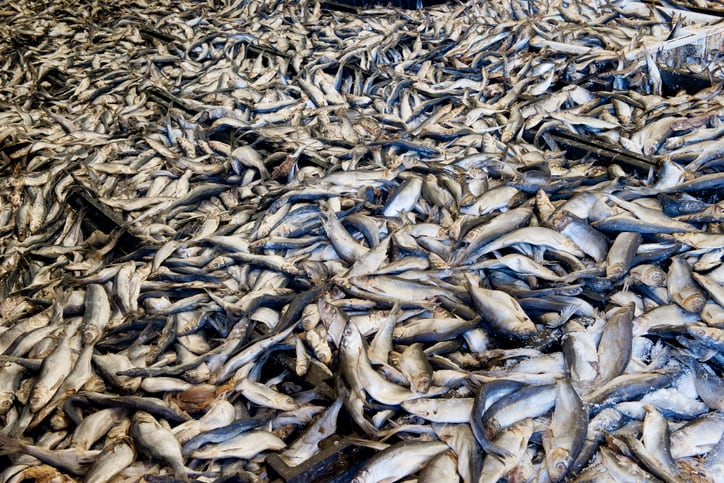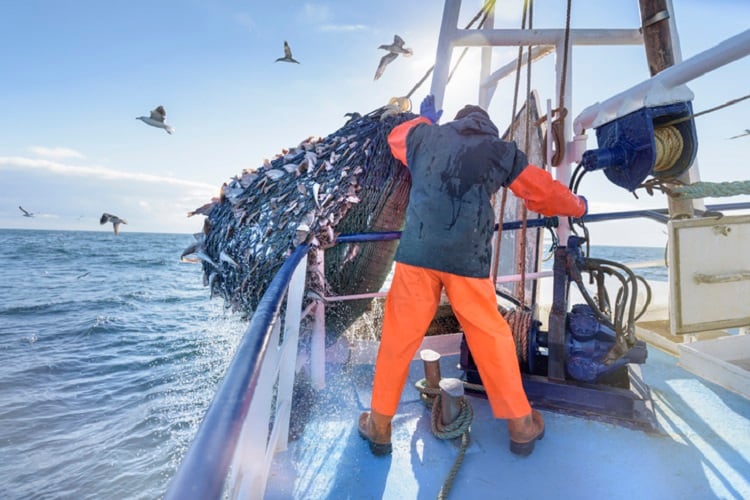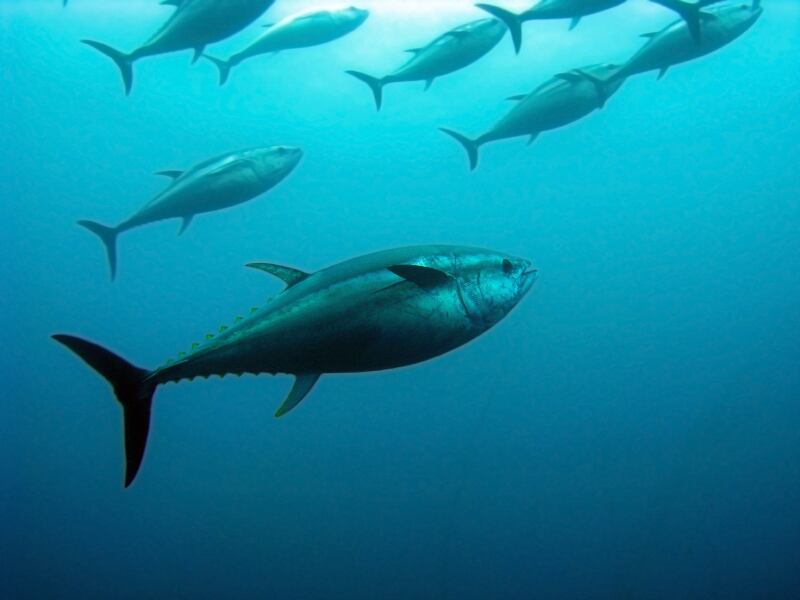‘Fish, fishing and Brexit’, published by the Food Research Collaboration (FRC) yesterday (6 February), addresses the UK fishing industry’s ‘long-term decline’.
While many fishers have been quick to blame the EU Common Fisheries Policy (CFP)’s quota system, which lead author Miriam Greenwood says has allowed for “very disproportionate share-out”, the CFP has, in recent years, become ‘an effective engine’ for sustainable fishing, she argues.
The briefing paper (available here) urges the UK fishing industry to adopt a new reform once it withdraws from the EU – irrespective of the agreed Brexit terms.
“The report points out that the right to fish is a public resource and it urges a reform of the UK’s quota allocation system, which would rein back the privatisation that has taken place,” Greenwood told FoodNavigator.
“If the reform urged by the report [is accepted], the small-scale sector could be restored to a healthy position which would make for a more balanced and healthy fishing industry overall.”
In addition, the report highlights the need for a ‘food-focused’ approach to fishing policy after Brexit, in order to both maximise UK shares of stocks and encourage UK consumers to eat more locally caught fish.
Focus: ‘Fairer fishing quotas’
The current quota system has allowed for an imbalanced share-out of fishing quotas, according to Greenwood. “Just tinkering with a bit of extra quota won’t be sufficient…a wholesale reform process is needed.”
“The current system came about through certain incremental changes without the public being aware of what was happening and its implications. That’s why the report recommends starting with a clean sheet and a process in which the public can be involved or at least informed about the issues and various options for a different system…
“There would no doubt need to be a gradual transition to any new system and the process would need to deal fairly with the facto of the costs of quota to current holders,” she explained.
Focus: Overfishing
According to the FRC, which aims to improve food policy in the UK, scientific advice and co-operation with the EU must be prioritised if industry is to improve on the CFP’s methods for preventing overfishing.
“…The fishing that takes place should be on the basis of scientific advice each year about stocks and what would be a safe tonnage to take so as not to exceed ‘maximum sustainable yield’ – that is the most that be taken from a stock without impairing its ability to reproduce to the same level,” Greenwood told us.

Secondly, the UK must cooperate with the EU: “A very large number of stocks are shared as the first swim in and out of the British zone and the merged zones of other EU countries. There needs to be a good relationship and shared policies to avoid overfishing,” she continued.
Target audience
The report addresses consumers and the public at large, who according to Greenwood, deserve a more balanced view of fishing issues and Brexit.
“I hope that they can be convinced first to see the Common Fisheries Policy not, as presented in the campaign, about other European nations taking 'our fish' but as a collective enterprise to deal with overfishing,” she said.
For Greenwood, it is also essential the public understand the extent to which certain sections of the fishing industry and seafood supply chain depend on trade with the EU. “Hence the importance of continuing free trade after Brexit – difficult though this seems if both the single and customs union are ruled out, as seems to be the case at present.”
The report is also aimed at UK authorities and fishing industry representatives, including the National Federation of Fishermen’s Organisations and the Scottish Fishermen’s Federation.
‘The government must now listen to this growing evidence and amend the Fisheries Bill’
Fisheries campaigner Ruth Westcott, from food, farming and agriculture advocacy group Sustain, has welcomed the report, highlighting that the decline in the UK fishing industry cannot “simply be blamed” on the EU.
“Overfishing and the UK’s own policies, like choosing to allocate fishing quotas to large companies rather than smaller or more sustainable fishers, took a terrible toll. Simply leaving the EU won’t help coastal communities – in fact it might cut off their access to vital fish markets.
“The report shows that setting a good domestic fishing policy, with a legal requirement to rebuild stocks and allocate quota more fairly, could deliver jobs and growth to fishing communities. The government must now listen to this growing evidence and amend the Fisheries Bill to make this the case,” said Westcott.
FRC founder Tim Lang, FRC founder similarly encouraged the UK to act: “The UK must sort out its fishing policy to address the environment, health and livelihoods. As this report shows, we have inherited a mess. Consumers are getting mixed messages. Looking ahead, fishing policy is a test case of whether Britain will take its 21st century responsibilities for the food system seriously.”




